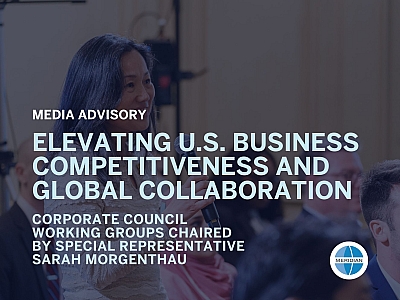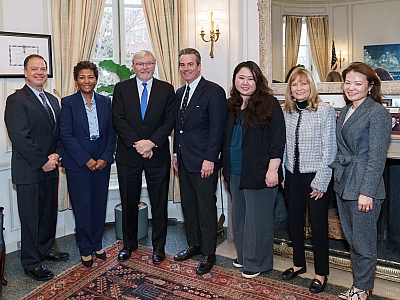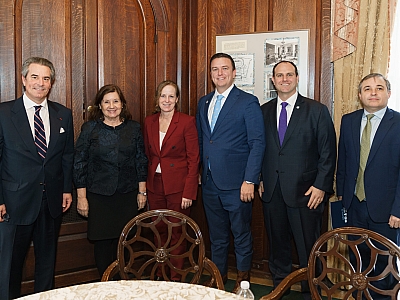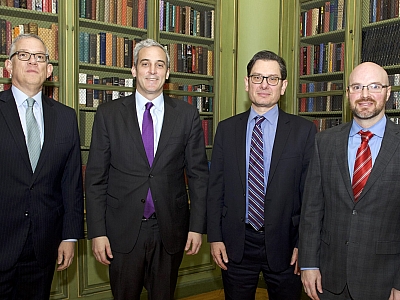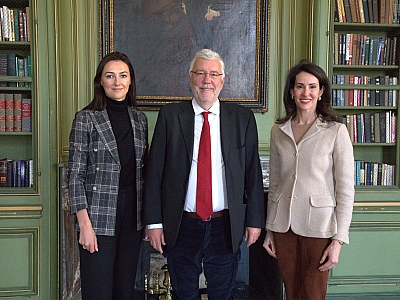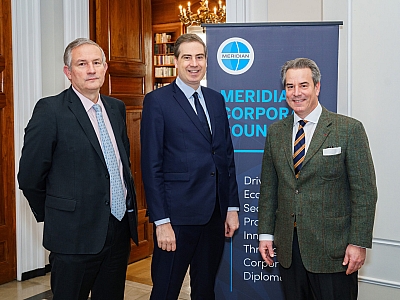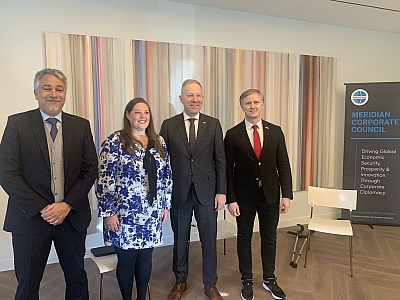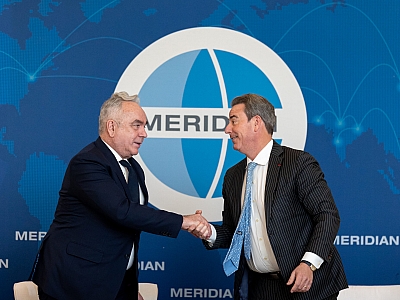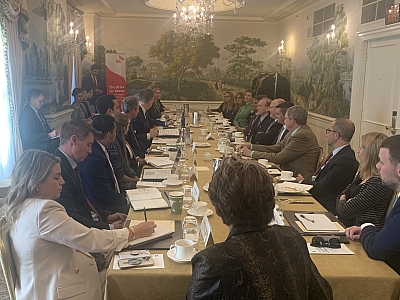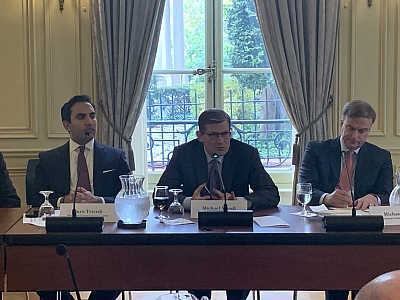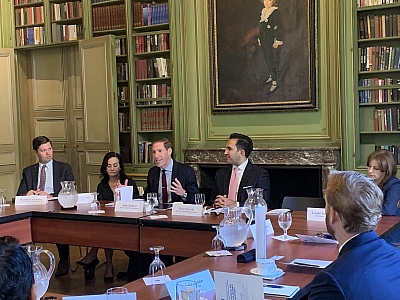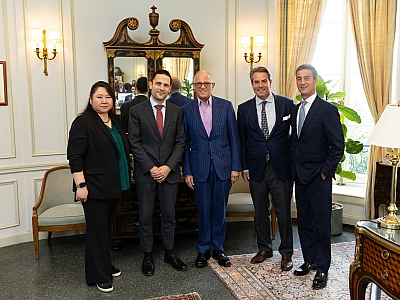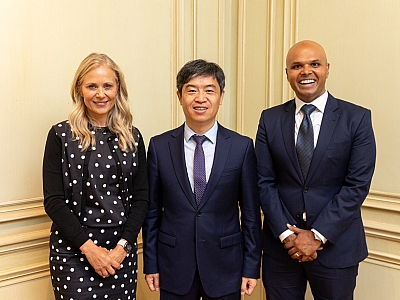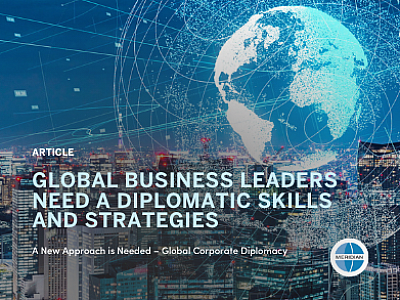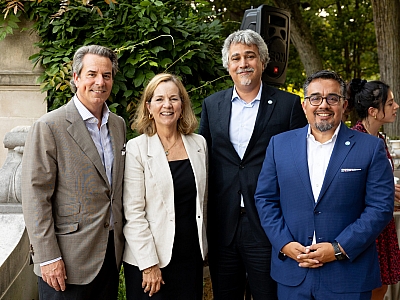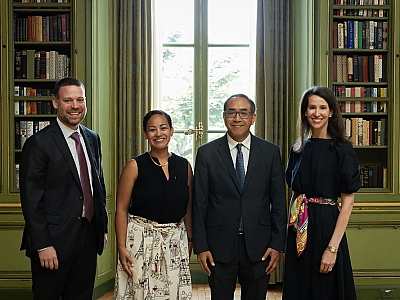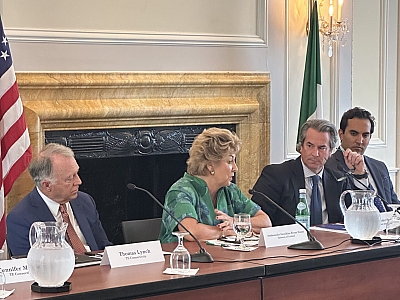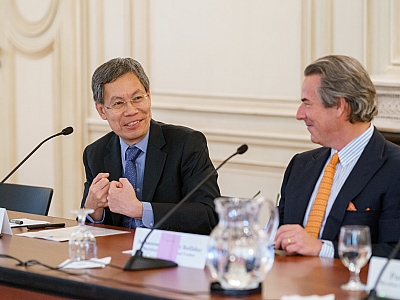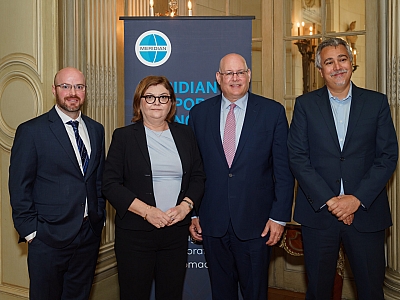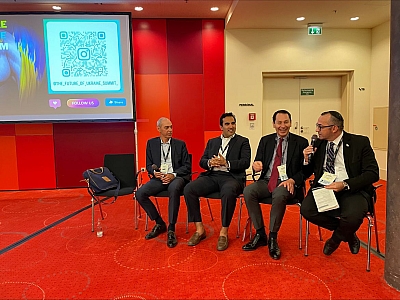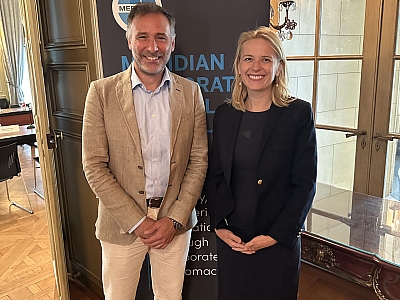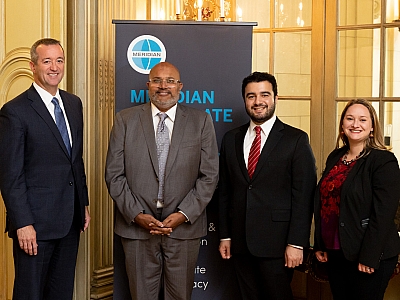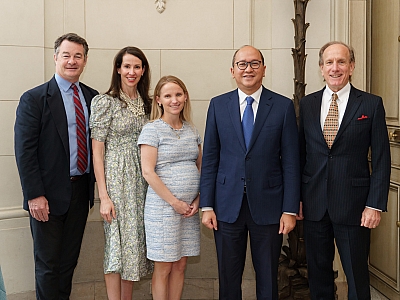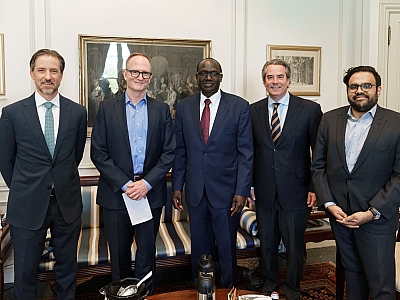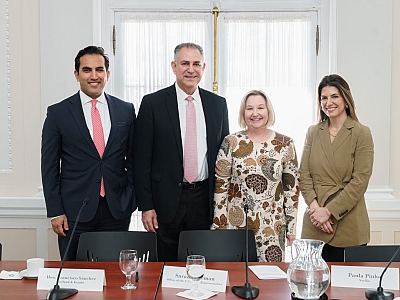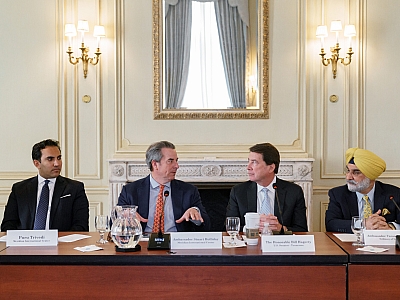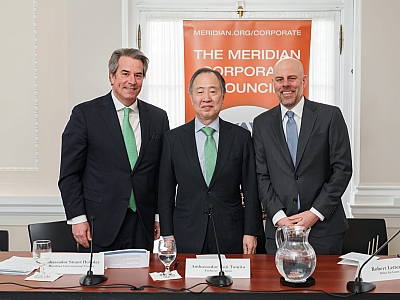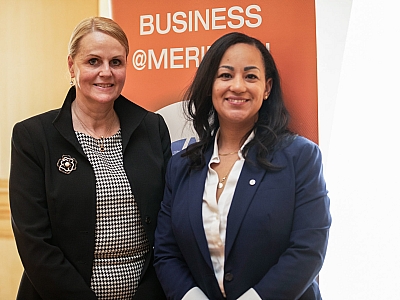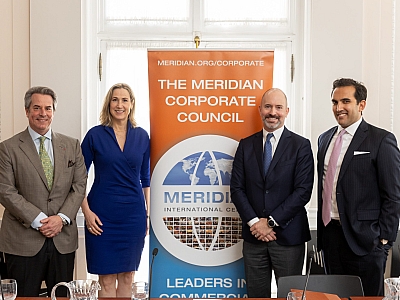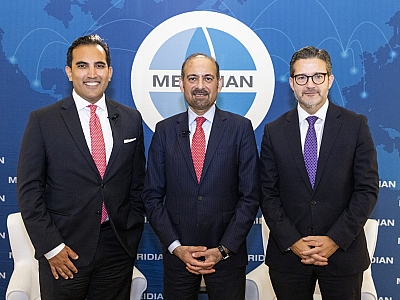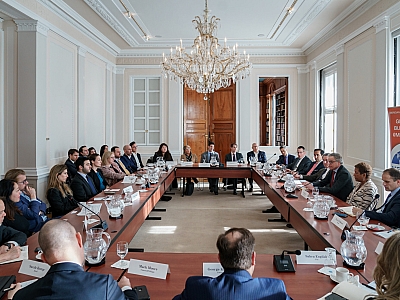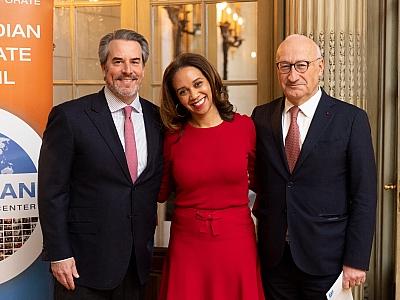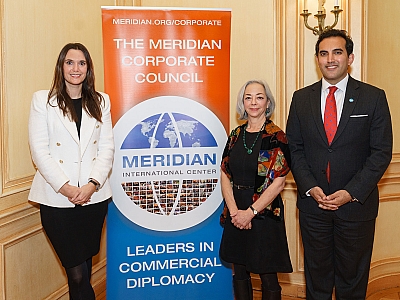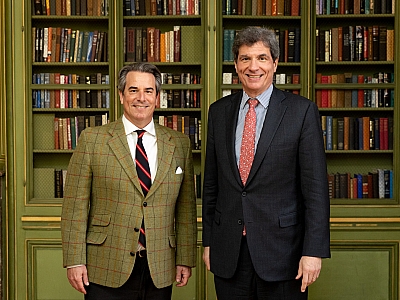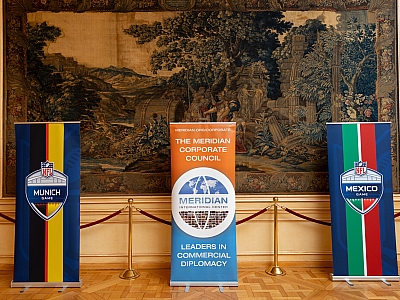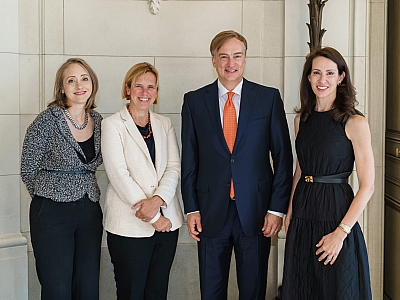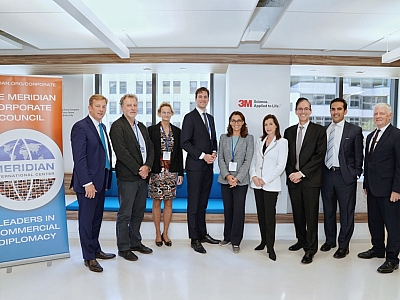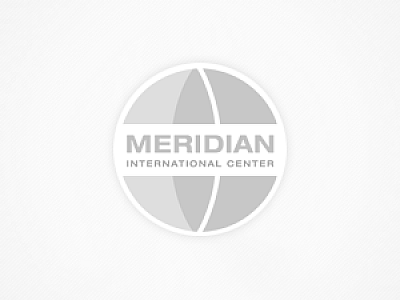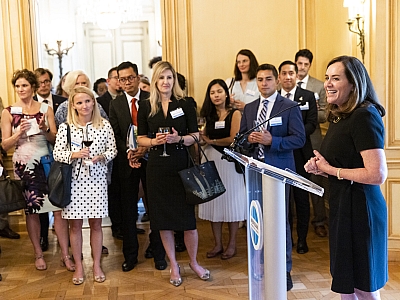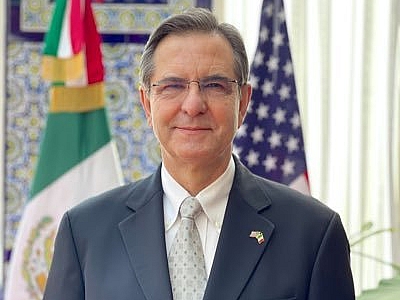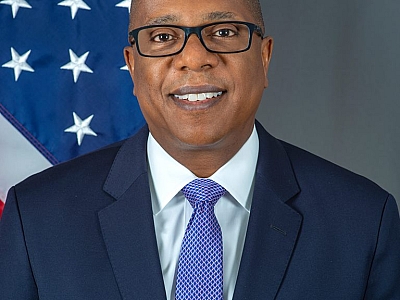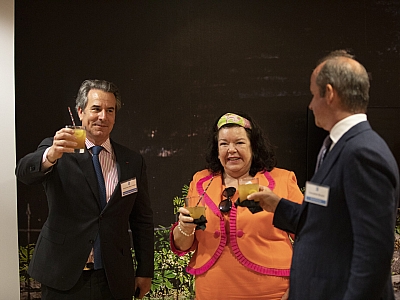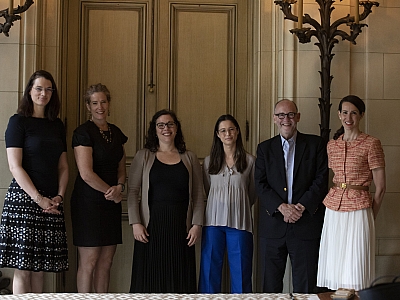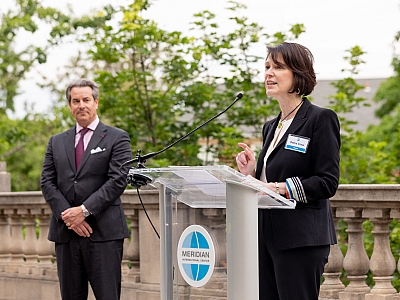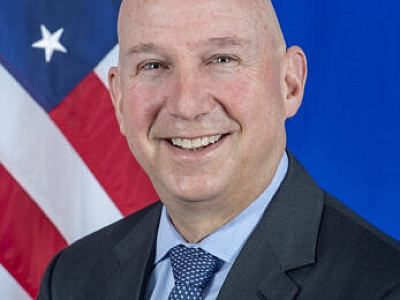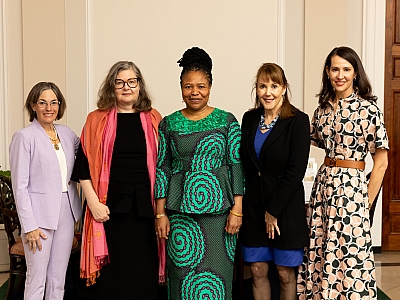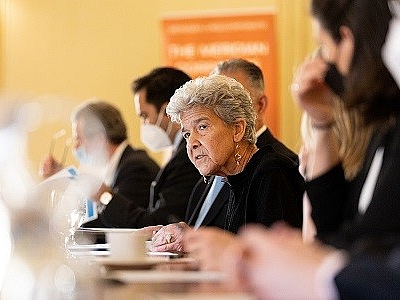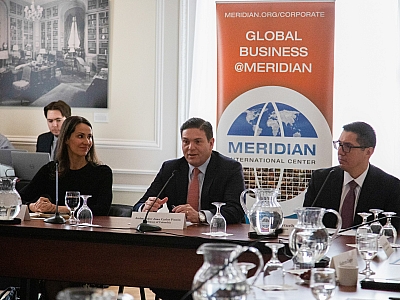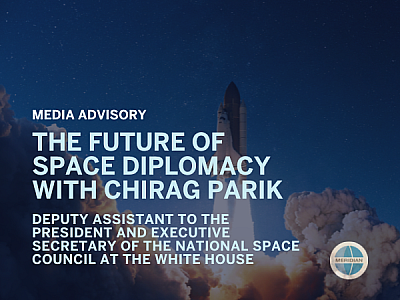Global Business Leaders Need Diplomatic Skills and Strategies
In an increasingly interconnected world, our problems are no longer confined to national boundaries.
 At the time of this publication, Spain's presidential election remains inconclusive, entwining the nation in a political impasse.[i] The outcome of this election, coinciding with Spain's commencement of the EU Council's rotational presidency on July 1,[ii] will have reverberating impact across the European Union, shaping critical policies related to artificial intelligence, digital connectivity networks, plastic waste, and renewable energy. Closely following the unfolding events, the impact of Russia's war in Ukraine, disrupting global supply chains and causing widespread shortages in agriculture and energy, has affected companies, workers, and communities worldwide. Further, populist movements in places like Mexico have unleashed energy and agricultural policies that threaten trade agreements and the operational vitality of global firms.
At the time of this publication, Spain's presidential election remains inconclusive, entwining the nation in a political impasse.[i] The outcome of this election, coinciding with Spain's commencement of the EU Council's rotational presidency on July 1,[ii] will have reverberating impact across the European Union, shaping critical policies related to artificial intelligence, digital connectivity networks, plastic waste, and renewable energy. Closely following the unfolding events, the impact of Russia's war in Ukraine, disrupting global supply chains and causing widespread shortages in agriculture and energy, has affected companies, workers, and communities worldwide. Further, populist movements in places like Mexico have unleashed energy and agricultural policies that threaten trade agreements and the operational vitality of global firms.
These challenges, though distinct on the surface, share a common core: they illustrate how the decisions made by governments and multilateral organizations in one corner of the planet can swiftly and profoundly affect corporations worldwide.
A New Approach is Needed – Global Corporate Diplomacy
Traditionally, companies have waited until an issue becomes a problem to address it, reacting to events in an ad-hoc, localized way. This approach is no longer sufficient. Companies must shift away from reactive, piecemeal approaches and instead adopt a Global Corporate Diplomacy strategy, which focuses on:
- building long-term and mutually beneficial relationships with governments, multilateral organizations, the media, non-governmental organizations (NGOs) and key stakeholders across all sectors;
- evaluating risks proactively and comprehensively;
- and applying a global perspective to what might be perceived as domestic operational, political and reputational challenges.
Pursuing a Global Corporate Diplomacy strategy is worthwhile for several compelling reasons. First, it enables companies to stay ahead of the curve by monitoring, mitigating, and preemptively addressing challenges. Second, it enables companies to forge strategic alliances with governments and other key stakeholders, which in turn enables them to shape policy discussions, build coalitions, and leverage shared interests to amplify their impact on the political and regulatory landscape. Most importantly, it helps companies understand how governments and international organizations work, effectively navigate policymaking processes and the international system, and leverage both domestic advocacy and international avenues to improve the business environment in countries worldwide.
So, Where to Begin?
Central to executing this strategy is making sure companies are equipping their employees with the new diplomatic skills, insights and networks needed to navigate this complex geopolitical environment. From regulatory and deal teams to communications and sales departments, employees at all levels need to have cross-cultural intelligence, stakeholder management, and risk assessment skills as well as a deeper understanding of the fundamental forces shaping the global business landscape to protect and advance business interests.
Meridian International Center, a non-profit center for diplomacy, in partnership with FTI Consulting, a global business consulting firm, is offering the Corporate Diplomacy Executive Development program – an intensive training program delivered by former high-level diplomatic officials that can be tailored to meet your company’s needs.
Through interactive simulations and experiential learning exercises, our training enables your team to make a positive impact. The partnership, combining FTI Consulting’s experience counseling companies through geopolitical issues with Meridian’s 60-year track record of training global and diplomatic leaders, provides companies with unparalleled resources, tools and insights.
In the face of today's competitive, evolving, and complicated business reality, companies can only stand to benefit from bespoke programs that enhance their competitive advantage. Please contact us to learn more about developing a tailored training program for your team.
LEARN MORE ABOUT THE MERIDIAN CORPORATE DIPLOMACY EXECUTIVE DEVELOPMENT PROGRAM
Carl Meacham
Managing Director, FTI Consulting
carl.meacham@fticonsulting.com
Natalie Jones
Executive Vice President, Meridian
The views expressed herein are those of the author(s) and not necessarily the views of FTI Consulting, Inc., its management, its subsidiaries, its affiliates or its other professionals.
FTI Consulting, Inc., including its subsidiaries and affiliates, is a consulting firm and is not a certified public accounting firm or a law firm.
[i] Aitor Hernandez-Morales, “Spain's Pedro Sanchez faces Catalan ultimatum,” Politico (Updated September 5, 2023), https://www.politico.eu/article/spain-catalan-separatists-puigdemont-demand-amnesty-backing-pm-sanchez/.
[ii] “Presidency of the Council of the European Union,” Official website of the Spanish Presidency of the Council of the European Union (last accessed August 15, 2023), https://spanish-presidency.consilium.europa.eu/en/presidency/presidency-of-the-council-of-the-european-union/#:~:text=On%20July%201%2C%202023%2C%20Spain,of%20the%20EU%20(1986).
